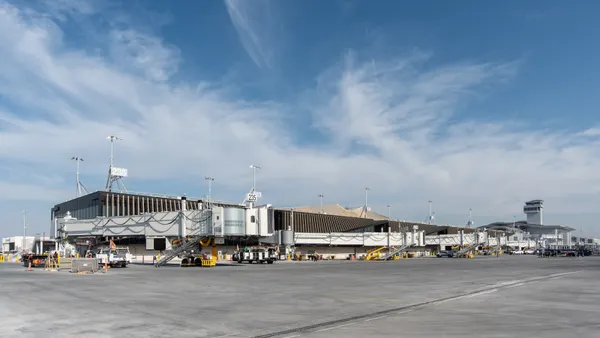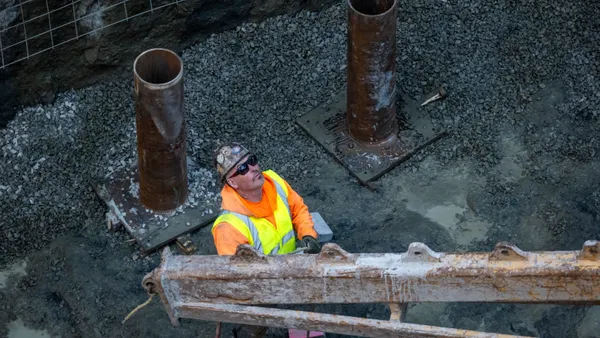Dive Brief:
- Denver housing prices have soared 17% this past year as a result of Colorado's cannabis-driven economic boom, but wages have remained the same, creating a critical shortage of affordable housing, The New Republic reported.
- With Colorado raking in $253 million of recreational cannabis income during the first six months of 2015 alone, Denver’s industrial areas, once appealing to artists and nonprofit groups because of low rents, now provide nearly four million acres of marijuana grow space.
- Colorado voted to legalize marijuana in 2012, and, in 2014, marijuana sales totaled $700 million. By 2016, the state expects to collect $94 million in cannabis taxes.
Dive Insight:
Denver has seen phenomenal growth since the passage of cannabis laws. Most would credit it to the influx of marijuana grow operations and cannabis tourism, although, some like Carrie Makarewicz, urban planning professor at the University of Colorado, chalk it up to people escaping the high cost of living in coastal cities and millennials seeking local industry jobs and the non-cannabis-related recreation Colorado provides, The New Republic reported.
Mike Elliott, executive director of Denver's Marijuana Industry Group, told The New Republic, "If you were to talk to any of the tourism groups, they would say that our record tourism has nothing to do with retail marijuana. I think every day that goes by — that sounds more and more ridiculous."
Whatever the reason for Denver's staggering growth, many long-time residents now find themselves priced out of their own neighborhoods. Even artists and nonprofits are losing out, as space they once called home, especially in the city's industrial areas, has been flipped and sold either to marijuana growers or to other industry-supporting businesses.












